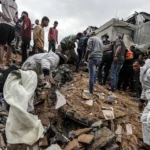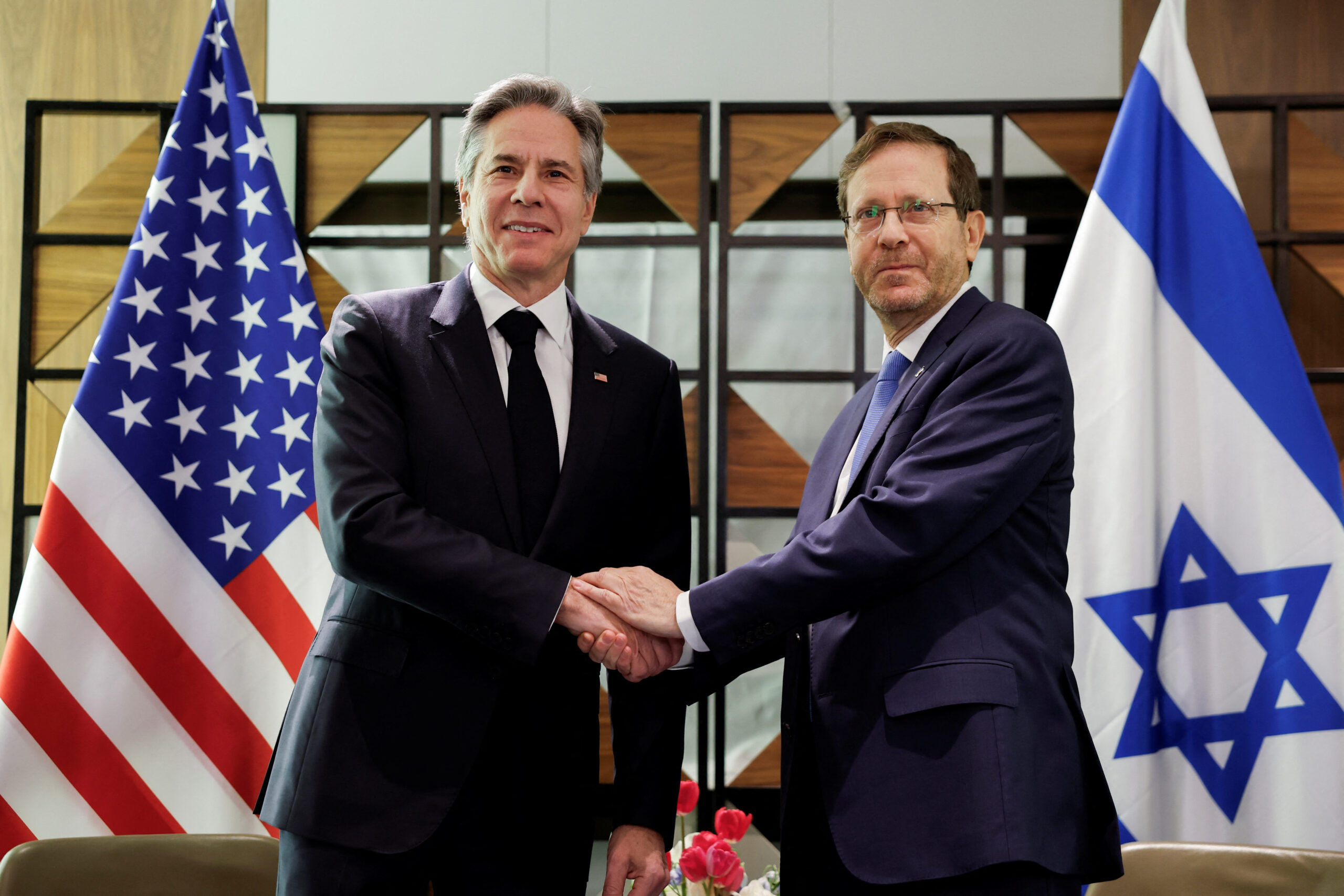US Secretary of State Antony Blinken made clear to Israeli leaders yesterday that “much more needs to be done” to open the way for humanitarian aid to reach civilians in besieged northern Gaza. A senior Biden administration official said that warning holds subtle implications under U.S. law if Israel doesn’t step up.
Meetings held in Jerusalem and Tel Aviv
On Tuesday, Blinken met with Israel’s key officials, including Prime Minister Benjamin Netanyahu and Defense Minister Yoav Gallant, as part of a regional diplomatic tour to rejuvenate efforts at peace following the killing of Hamas leader Yahya Sinwar by the Israeli military. This visit comes amid growing criticism of the US for its inaction over civilian casualties in Gaza.
Criticism of the U.S. and Israeli Replies
According to the American official, Blinken confronted Israeli leaders over allegations that their military has been pursuing a contentious “generals’ plan” in northern Gaza, which, it is alleged, includes mass forced displacement of civilians. Israeli officials dismissed the characterization so Blinken called upon them to publicly clarify matters.
In the case of Israel, it insists that its actions in northern Gaza are to asphyxiate Hamas militants, arguing that a necessity is to keep the nation safe and secure. However, humanitarian groups claim that the civilian population will starve if the siege continues.
Warning of Possible Results
Blinken’s warnings followed a letter co-signed with US Defense Secretary Lloyd Austin that compelled Israel to more than double humanitarian aid in northern Gaza within 30 days or lose some of its military assistance. The US has been definitive: thus far, the measures are too little and too late.
Aid Crowd Issues
While some of the new discourses on aid do make some initial promises, the situation in general is grim. The United States has condemned Israel’s policies of massing civilians toward the already overcrowded southern Gaza strip, home to some 1.7 million citizens whose density makes them more prone to diseases.
International Relations and Political Reactions
Iran had been identified as the primary threat during the negotiations, something on which the Prime Minister’s office primarily focused. But humanitarian aid was not mentioned outright. The discussions also included Iran’s recent moves: an attempt-according to reports-to assassinate Netanyahu. Blinken termed it a serious incident but did not confirm Tehran’s involvement.
The U.S. also seeks to curtail the military adventures of Israel as a way of limiting the slight chance that it would run amok and further escalate the situation in the region. As such, the problem is still unstable because the U.S. continues holding talks regarding the war between Israel and Hezbollah in Lebanon against the backdrop of the more significant diplomatic effort towards easing the tensions over violence.
Conclusion
This push by the U.S. administration for higher humanitarian aid to Gaza testified to a situation in which military strategy tactics have to be intertwined with humanitarian obligations. While both sides increase their attitude against the other, the call for balance becomes more pressing, and ramifications for the stability of the region might become graver than ever.
For more reporting like this, please follow Newsdecensored on your favorite social media sites and bookmark the website. Thank you for your interest and support.















